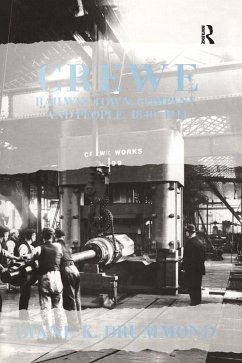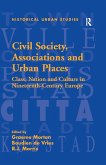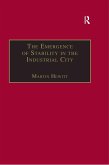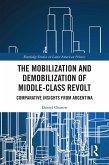This is an important contribution to the new urban history, describing and analysing one of the best examples of a company town in nineteenth-century Europe. This archetypal railway town was built on a green-field site by a railway company in 1842-3. It was a major junction, an administrative centre and an important manufacturing centre. Thus it provides an ideal arena in which to study the relationship between company and people and the effects of this claustrophobic association on emerging economic and social structure and politics in the era of large-scale development and modernisation in Europe and America. Dianne Drummond applies the full range of modern urban-historical approaches in this work. It is a shining example of the ways in which new techniques in research, analysis and comparison can redraw the best-known histories. It will be essential reading for urban historians.
Dieser Download kann aus rechtlichen Gründen nur mit Rechnungsadresse in A, B, BG, CY, CZ, D, DK, EW, E, FIN, F, GR, HR, H, IRL, I, LT, L, LR, M, NL, PL, P, R, S, SLO, SK ausgeliefert werden.









